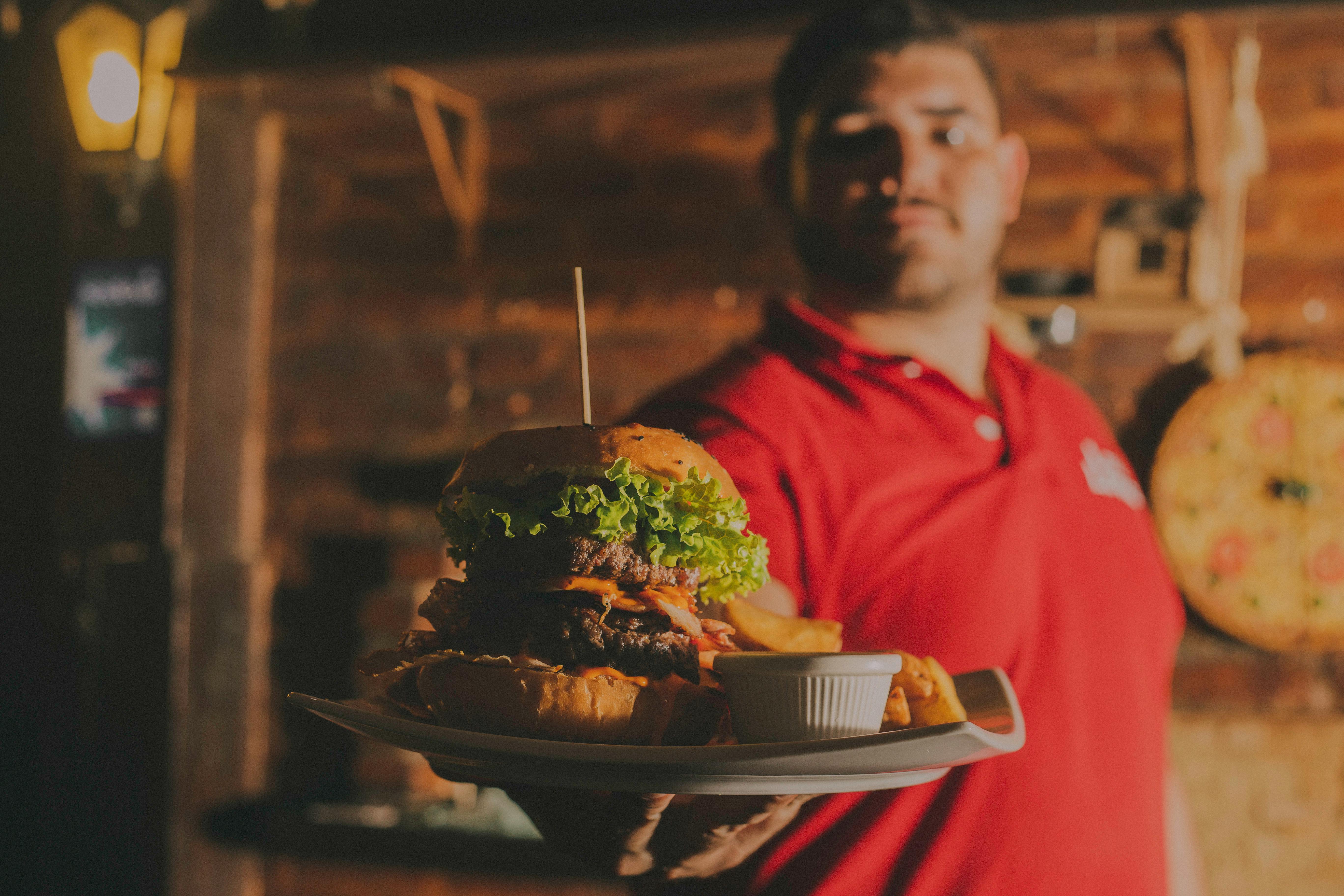Schedule a Demo
When you're looking to drive traffic to your online store without the crutch of paid ads, SEO isn't just a tool, it's the core of your digital strategy. In my work with operations managers across various retail sectors, I've seen firsthand how robust SEO can skyrocket a business's online presence and drastically reduce the reliance on advertising budgets. Retailers today need to recognize that SEO doesn't merely boost visibility; it enhances the entire user experience, making it easier for potential customers to find what they're looking for with less friction.
SEO integration starts at the ground level of your e-commerce platform. Whether you're on Shopify, WooCommerce, or Magento, ensuring that SEO is not just an afterthought but part of your initial setup is crucial. For instance, setting up proper meta tags, optimizing product pages, and creating an easily navigable site structure all play pivotal roles in search engine ranking. In my experience, a streamlined approach where developers and SEO experts collaborate from day one results in a cohesive platform that performs well organically.
Thorough keyword research forms the foundation of any successful SEO campaign. Retailers need to identify not just high-volume keywords but those with high intent and relevance to their products. Tools like Google Keyword Planner or SEMrush can provide invaluable insights into what your potential customers are searching for. By focusing on long-tail keywords specific to your niche, you can attract more qualified traffic that's more likely to convert into sales.
Producing quality content is an evergreen strategy in the realm of SEO. From in-depth product descriptions to educational blog posts, ensuring your content is rich, informative, and engaging can significantly boost your search rankings. However, it's not just about quantity; the quality of your content matters greatly. Ensure your content provides real value to your audience, answering their questions and helping them make informed purchase decisions.
On-page SEO involves optimizing individual web pages to rank higher and earn more relevant traffic. This includes optimizing title tags, headers, URLs, and image alt texts. For e-commerce, making sure each product page is well-optimized for SEO can make a huge difference. I recommend regularly auditing your site to ensure you're keeping up with best practices. Tools like Screaming Frog can help automate this process and identify areas for improvement.
Internal linking is often overlooked but is crucial for both SEO and user experience. It helps search engines understand your site's structure and the relevance of pages to one another. For retailers, this could mean linking related products or setting up a 'customers also bought' section. Effective internal linking not only boosts SEO but also keeps visitors engaged on your site longer, potentially leading to higher conversion rates.
With more than half of web traffic coming from mobile devices, ensuring your online store is mobile-friendly is no longer optional. Search engines prioritize mobile-optimized sites, which means a responsive design and fast load times are critical. In my experiences working on enterprise-level projects, I've seen how neglecting mobile optimization can result in significant losses in search rankings and user engagement.
If your retail business includes physical storefronts, don't underestimate the power of local SEO. Optimizing for 'near me' searches and ensuring your business is correctly listed in local directories can drive foot traffic as well as online traffic. This includes managing your Google My Business listing and garnering positive reviews to improve local search rankings.
Technical SEO refers to the elements of your site that affect its performance and visibility in search engines. This includes improving site speed, ensuring mobile responsiveness, and implementing structured data. For an e-commerce site, a fast-loading homepage can mean the difference between gaining a customer or losing them to a competitor. Continually monitor and optimize these technical aspects to maintain and improve your search engine rankings.
Backlinks remain a powerful signal for search engines about the authority and quality of your site. For retailers, this means actively seeking out opportunities for high-quality backlinks. This can involve guest posting on reputable industry blogs, engaging in partnerships, or even developing viral content that naturally attracts links. A strong backlink profile not only boosts SEO but also positions your brand as a leader in the retail space.
SEO is not a 'set it and forget it' strategy. You need to continually track and analyze your efforts to understand what's working and what isn't. Tools like Google Analytics and Search Console can provide deep insights into your site's performance. Regularly reviewing key metrics such as organic traffic, bounce rates, and conversion rates allows you to make data-driven decisions and continually refine your SEO approach.
While we often focus on technical aspects of SEO, the importance of user experience (UX) cannot be overstated. A positive user experience signals to search engines that your site is of high quality. From intuitive navigation to fast page load times, UX improvements can lead to better engagement metrics, which in turn can positively impact your SEO. Ensure your online store is not only optimized for search engines but also designed with the user in mind.
The world of SEO is always evolving. Keeping up with the latest trends and algorithm updates from search engines like Google requires continuous learning and adaptation. Attend webinars, read industry reports, and engage with SEO communities to stay on top of best practices. In doing so, you'll ensure your e-commerce platform remains competitive and continues to perform well in search rankings.
While SEO should be the cornerstone of your online visibility strategy, it needs to be balanced with other digital efforts. Content marketing, social media engagement, and paid advertising can all complement and enhance your SEO efforts. For instance, social media can drive traffic to your SEO-optimized pages, increasing their visibility. A holistic approach ensures that all aspects of your digital presence work together to drive the best possible results for your business.
